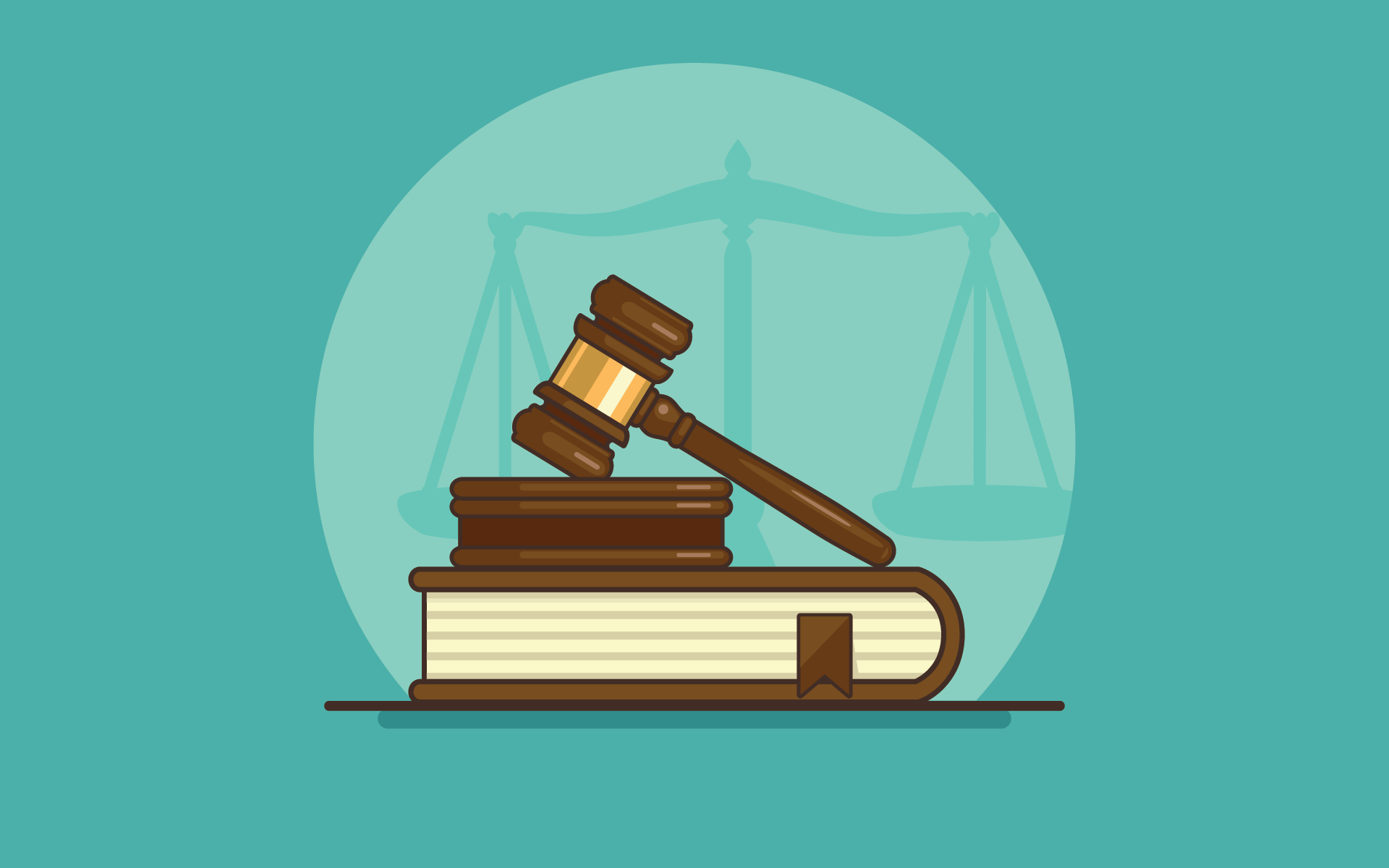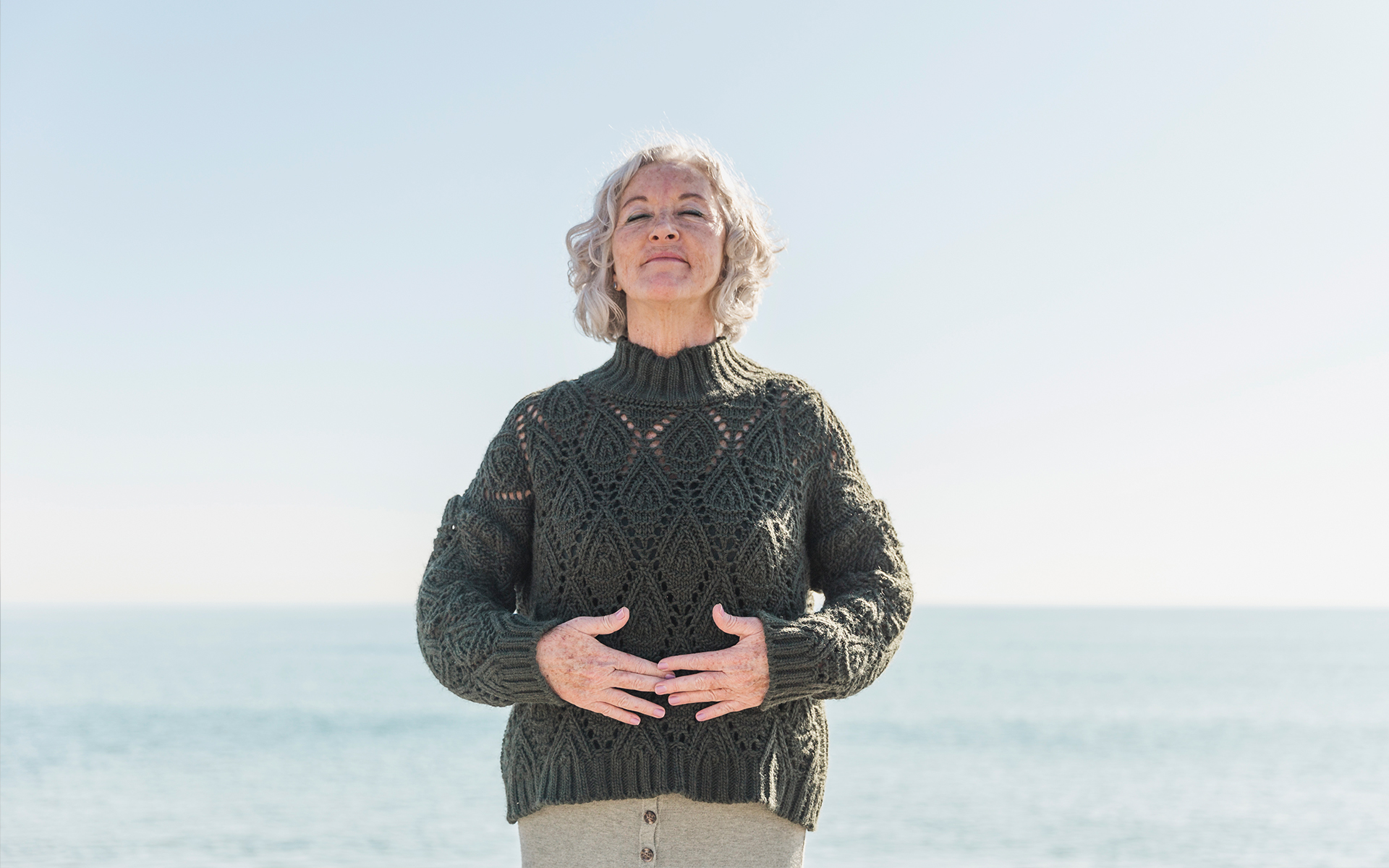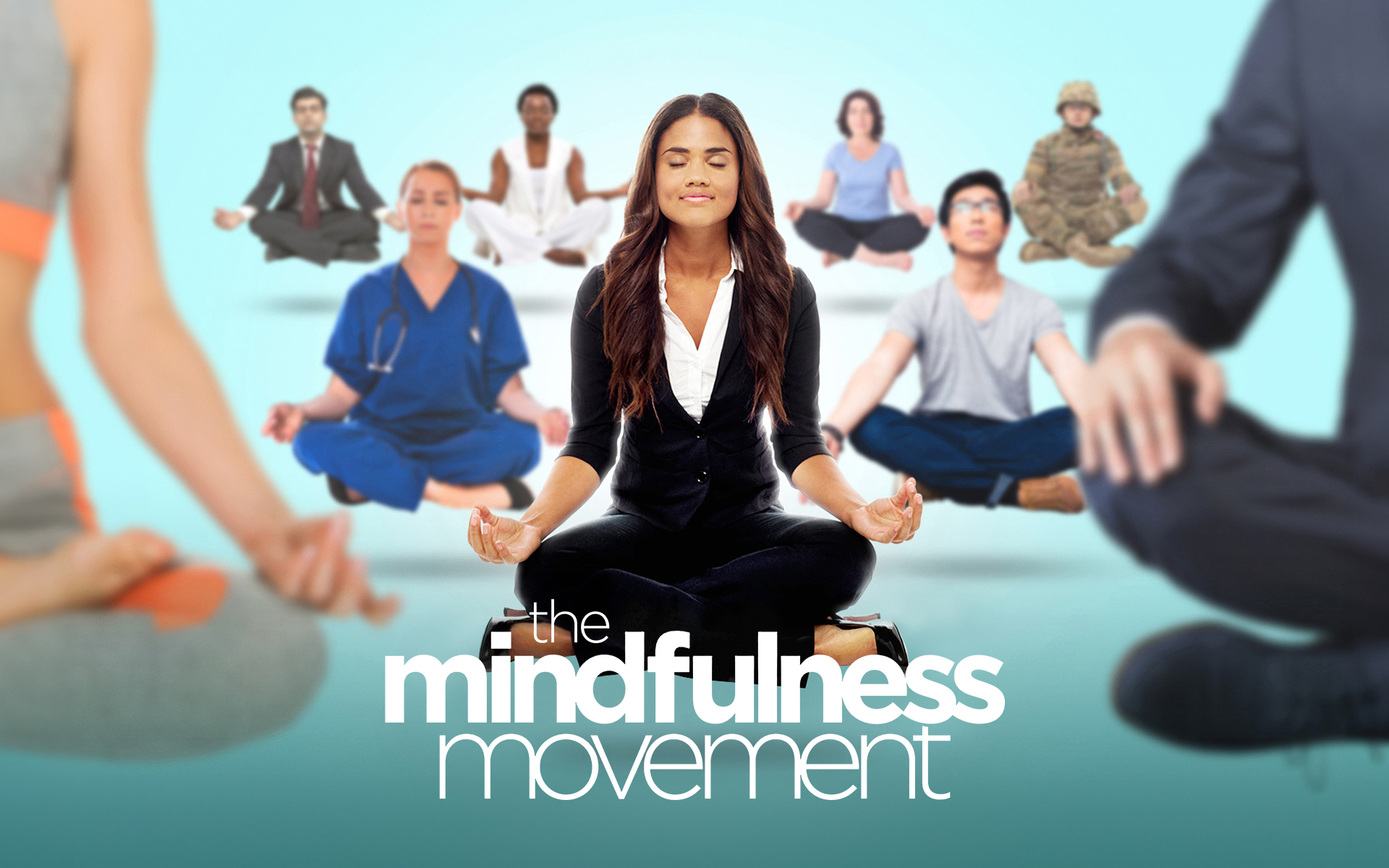Judges Concerned for Judges provides Pennsylvania judges with information about stress, anxiety, depression, and other mental health concerns as a way to help them deal with the strain of their job. And make no mistake, being a judge—despite, or perhaps because of, its exalted status—is a highly stressful thing to do day in, day out. Dispassionately riding above the emotional turmoil in a courtroom is hard enough, but then there’s the matter of having to make certain judgments about uncertain things. You may be deciding not only how culpable someone is but what an appropriate response is to wrongdoing—and you’re doing all of that with imperfect information.
Lots of judges have participated in mindfulness programs, some of them specifically targeted for lawyers and judges, which is a little ironic, since the first principle they may encounter is that the practice of mindfulness involves “nonjudgmental” awareness. How exactly does that work?
The nonjudgmental part of mindfulness practice has to do with the very fact that the act of judging is stressful. The world is an uncertain place. We’re rarely totally sure. We survive on judgment calls. Only the know-it-all and the autocrat indulge in the luxury of certainty. The rest of us muddle through with some understanding that we’re always dealing with less than the whole picture.
The nonjudgmental part of mindfulness practice has to do with the very fact that the act of judging is stressful.
But does nonjudgment mean that we never decide that something is wise or unwise, right or wrong, advisable or inadvisable? Of course not. How could we live without ever making decisions? What the instruction in mindfulness practice is asking us to do is the following: During our practice session, when we encounter thoughts, emotions, and sensations arising, notice them without judging them as good or bad or otherwise. Just try to see them as they are. It’s about a pause, a space, a gap, where judgment is suspended.
That pause is key to mindfulness practice. It suggests to us that we can be a witness to what’s going on in our body and mind, without immediately trying to decide whether we like it or not and what we’re going to do about it. And in that pause, we have the opportunity to recognize—and perhaps even begin to embrace the fact—that we don’t know for sure.
And then the practice session ends.
When we get up and resume regular life, there may be an aftereffect of having spent that bit of time inserting the monkey wrench of a pause into the machinery of the mental process that wants things to be more solid and certain than they are. We crave a kind of instant security that the world isn’t built to supply. When we have a pause thrown in, the craving may lessen. We may tread more gently, probe more, listen more, touch more, and feel more, before we act or attack. In some cases, the nonjudgmental pause may cause us to act less and let be more.
And if we are asked to be a judge, we may be able to do so with more care, humbled by the daunting task of deciding the future for others—something we are all doing whether we sit on the bench or not.
read more
A Mindfulness Practice for Nonjudgmental Awareness
Explore this 15-minute guided meditation to open up some space for yourself to sit with what is, rather than what if.
Read More







